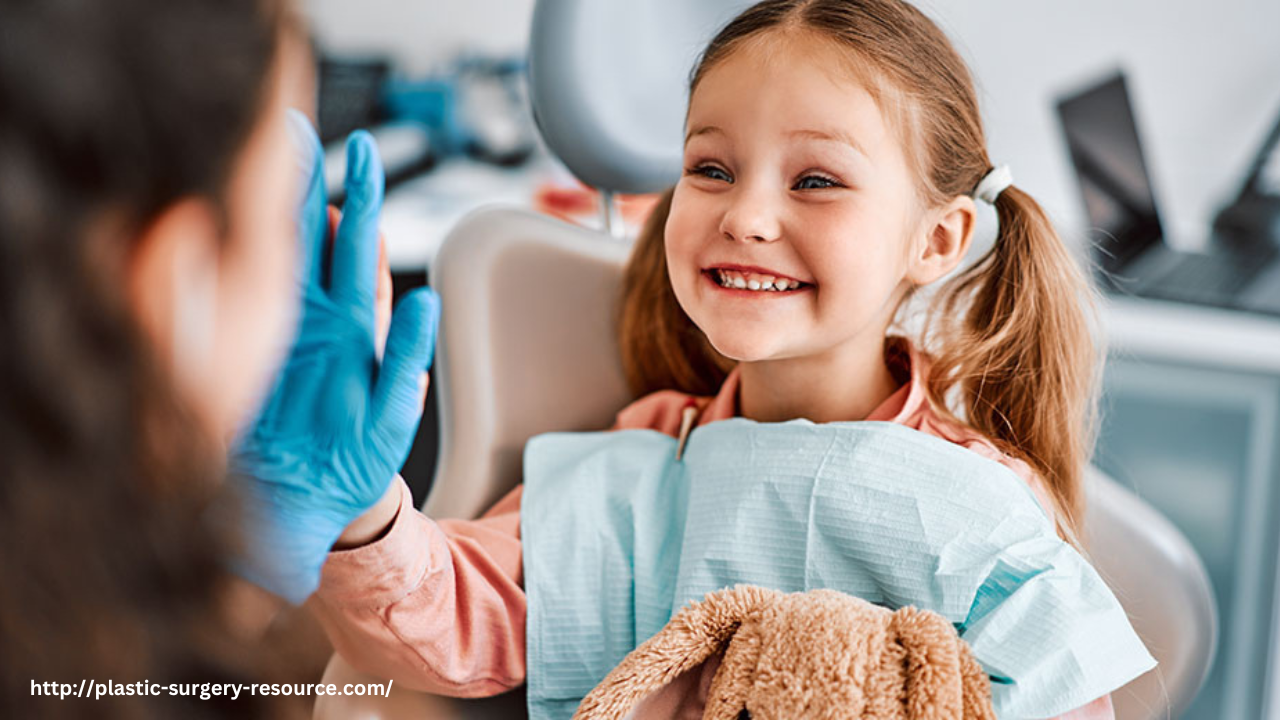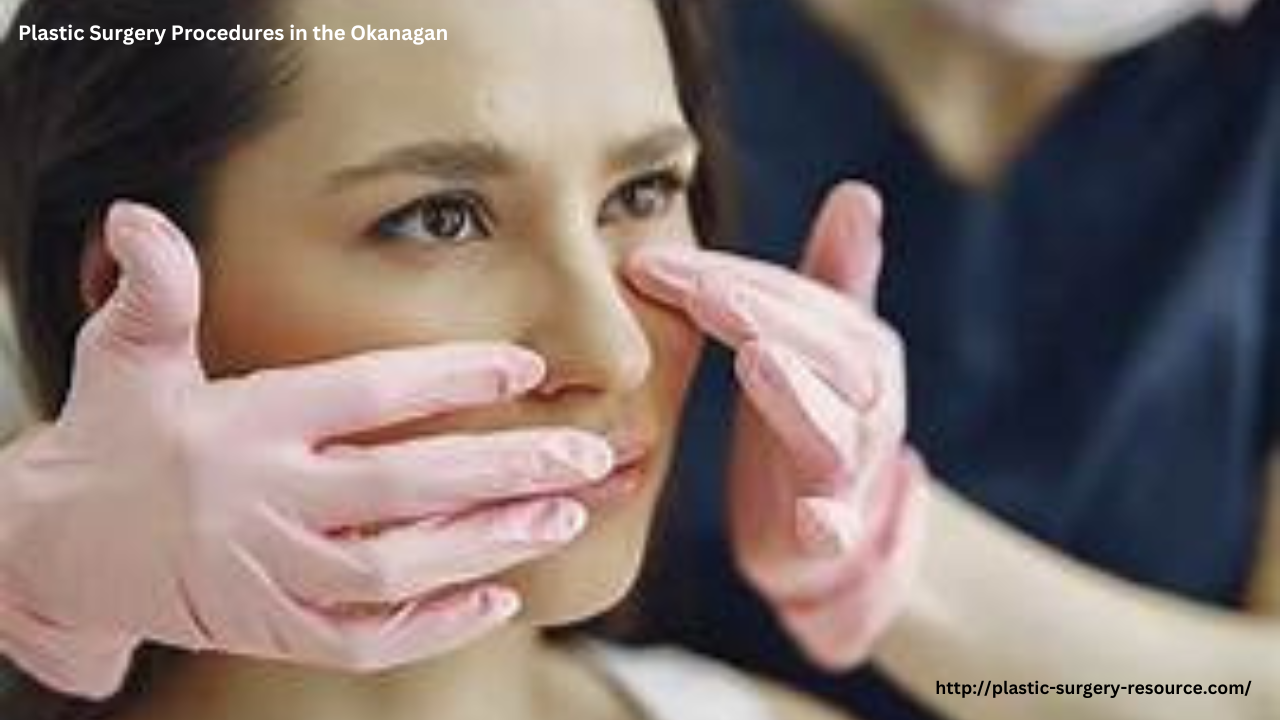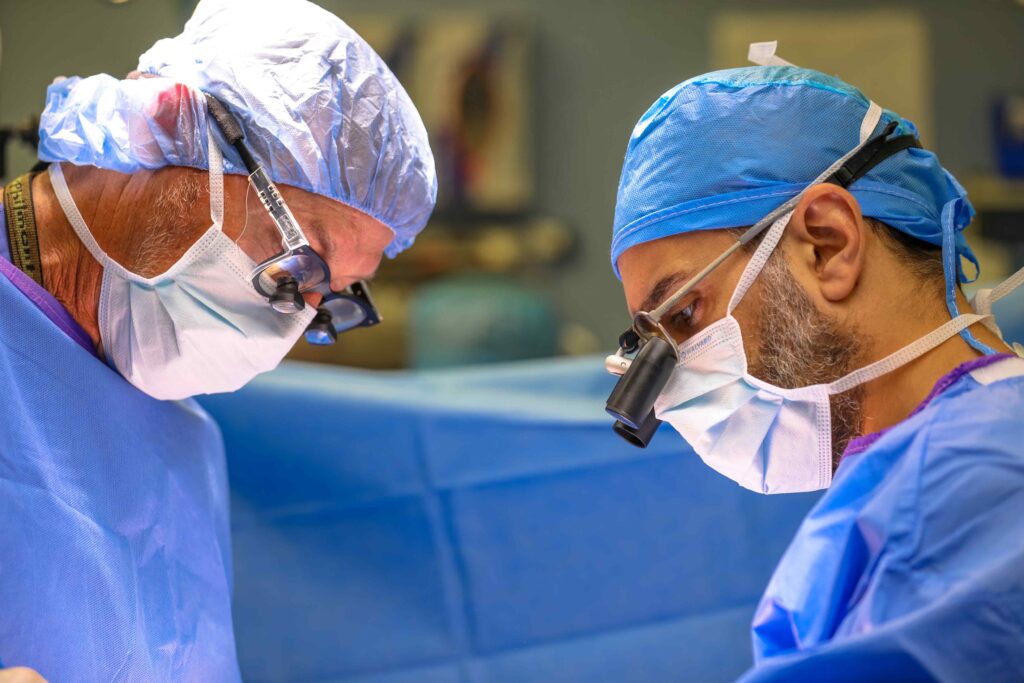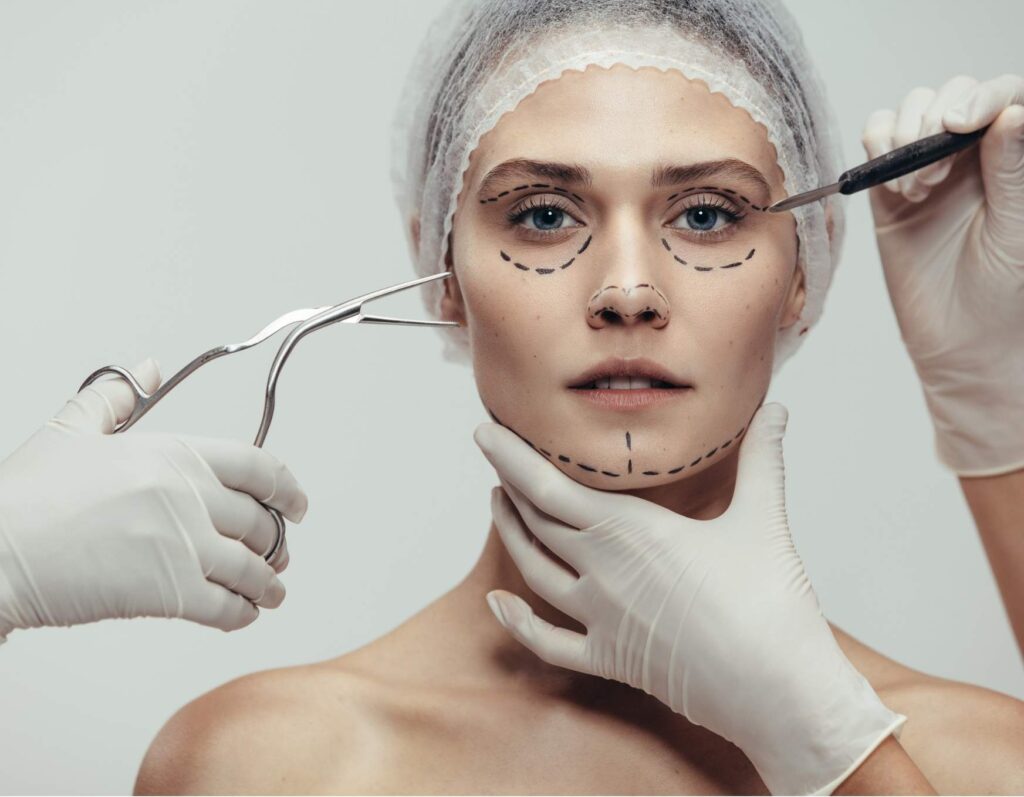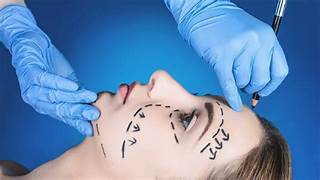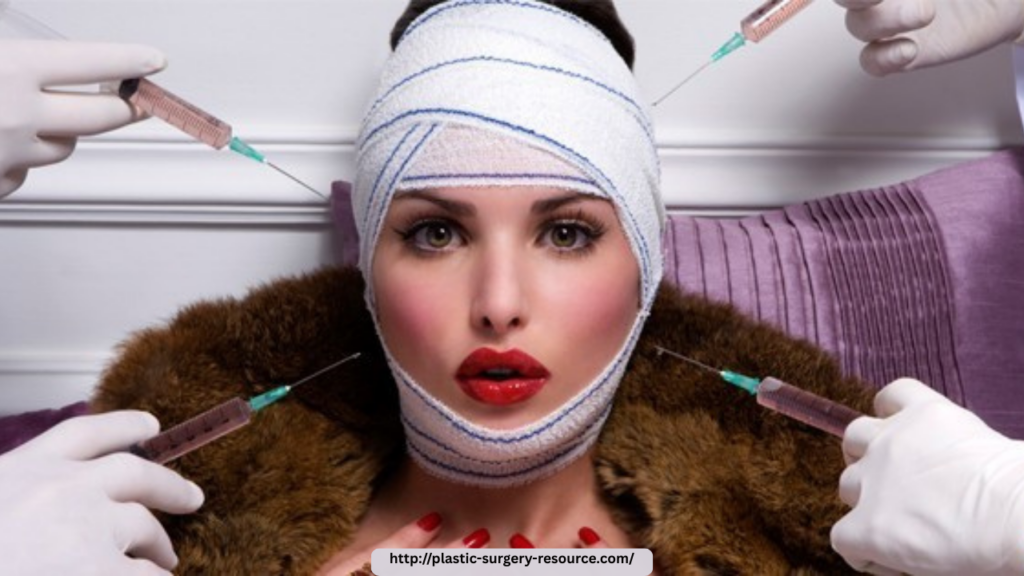
Stretching from the vibrant city of Kelowna to the quieter charm of Vernon, the Okanagan Valley has become more than just a scenic destination—it’s now a growing hub for cosmetic enhancements. Once considered a luxury reserved for celebrities or the wealthy elite, cosmetic procedures are now within reach for everyday individuals. But with increased accessibility comes a deeper question: is the Okanagan developing an obsession with plastic surgery?
Over the past few years, cosmetic clinics have proliferated throughout the region. Whether it’s a quick Botox touch-up, lip filler injections, or more invasive procedures like breast augmentation and facelifts, the demand has steadily risen. In Kelowna, some clinics report waitlists of several months, while in Vernon, smaller practices are seeing consistent growth in clientele.
This boom is driven in part by the influence of social media and selfie culture. Platforms like Instagram and TikTok perpetuate idealized beauty standards that can be hard to attain naturally. Filtered images and influencer lifestyles have created a visual benchmark that many feel pressured to meet. For some residents of the Okanagan, particularly younger adults, these pressures are pushing cosmetic enhancement from occasional indulgence into routine maintenance.
Health and beauty have long been a focus in this region, which is known for its wellness retreats, active lifestyle, and youthful culture. However, the growing fixation on physical perfection is starting to concern both medical professionals and mental health advocates. Some plastic surgeons have noted a rise in repeat patients who seek increasingly drastic changes, suggesting the development of a deeper psychological dependency on aesthetic procedures.
Dr. Brian Miller, a Vernon-based plastic surgeon, says, “We’re seeing a shift in mindset—from wanting to enhance natural features to completely transforming one’s appearance. That shift is where we need to be cautious, because it often stems from underlying self-esteem or mental health issues.”
Indeed, body image concerns are not new, but the speed and intensity with which individuals are pursuing cosmetic fixes is. In some cases, patients aren’t just altering a feature—they’re chasing an unattainable version of themselves. This obsession can lead to what some experts call “surgical spiraling,” where one procedure leads to another, and another, without ever achieving true satisfaction.
To address this, many Okanagan professionals are advocating for greater psychological support in the cosmetic surgery process. Pre-surgical consultations should include mental health screenings, especially for individuals seeking multiple procedures. Surgeons must also be empowered to say “no” when a patient’s motivations appear unhealthy.
Education is key. Community outreach programs, school workshops, and social campaigns can help reshape perceptions around beauty, encouraging self-acceptance and emotional well-being over physical alteration.
As cosmetic enhancements become more normalized from Kelowna to Vernon, the challenge is not to stop people from seeking them, but to ensure they do so for the right reasons—and with the right support. In the end, true beauty in the Okanagan should reflect not just what’s seen in the mirror, but the confidence and balance that come from within.


